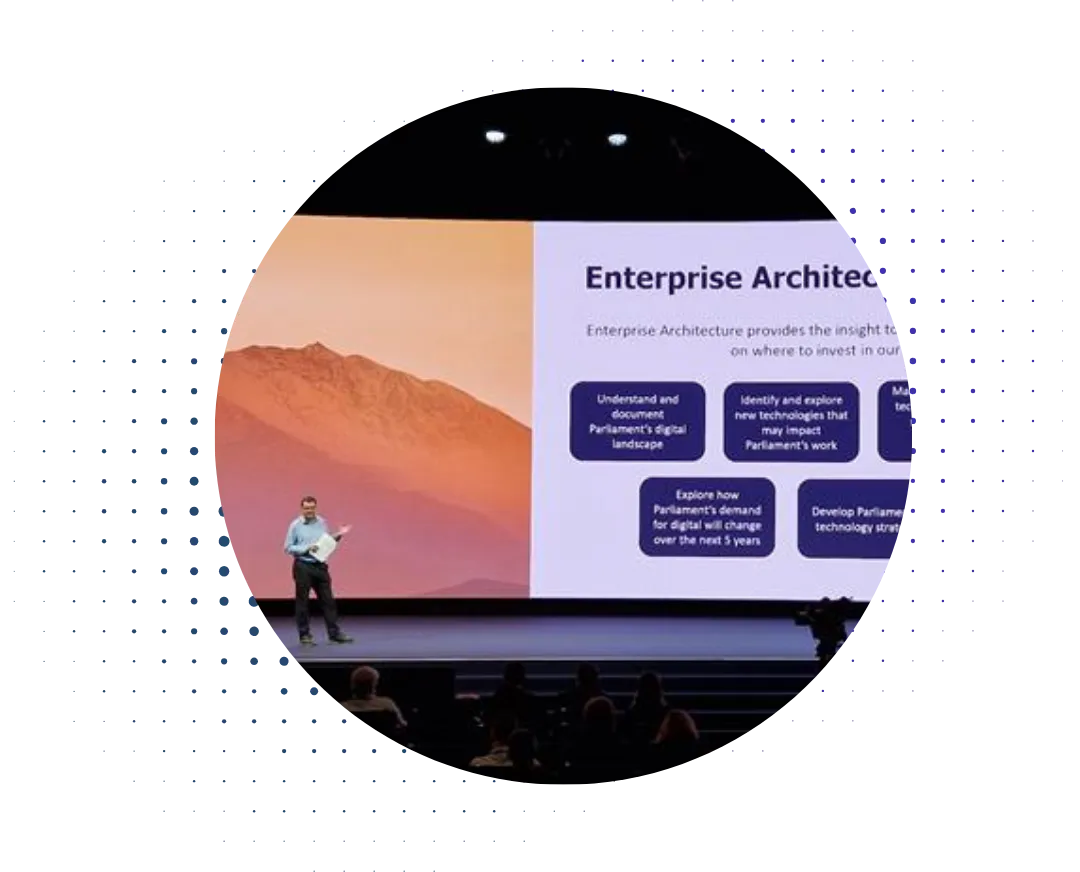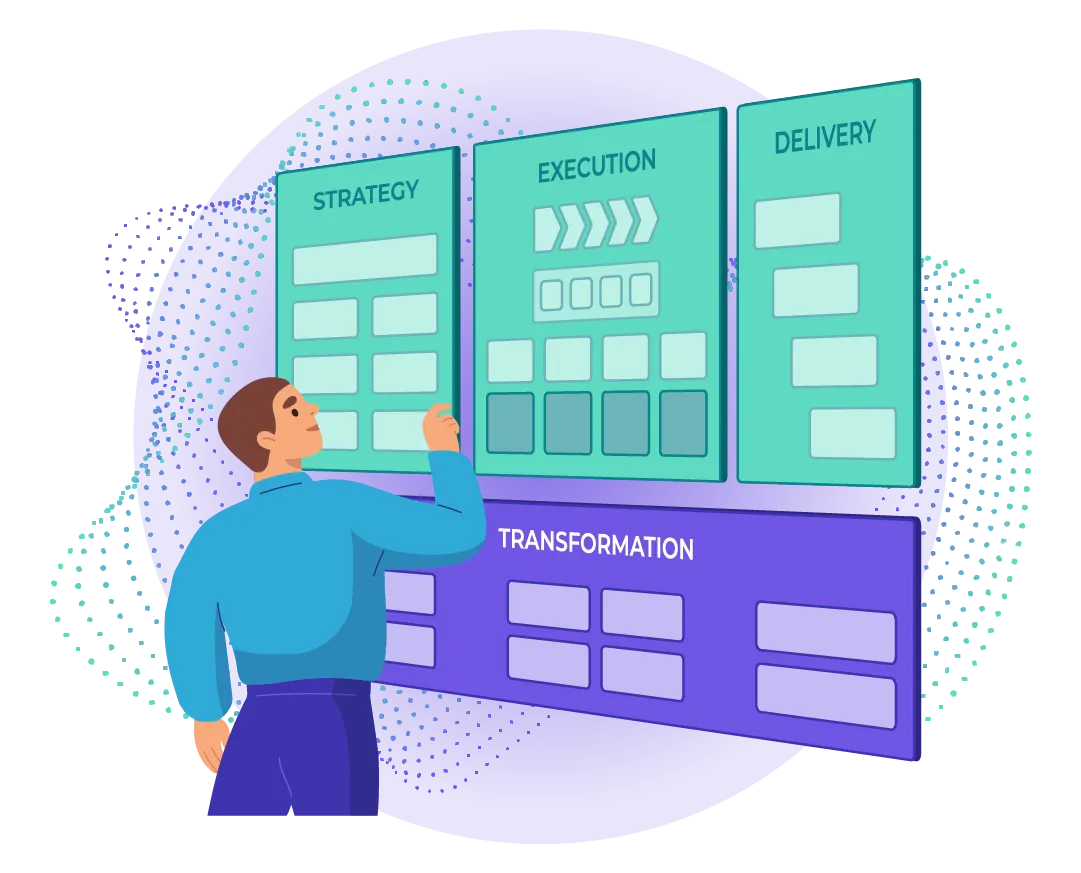As countries across the globe ramp up their plans to deliver the UN Sustainable Development Goals (SDGs) by 2030, a clear understanding of how these goals address both citizen well-being and sustainability is required during the planning phase to ensure that current versus long term aspirations are addressed.
But what exactly is sustainability, and how is it defined?
A 21st century definition refers to the capacity of the Earth’s biosphere and human civilization to co-exist in three different dimensions: environmental, social, and economic. However, Sustainable development is not a recent concept and has its roots in ideas about sustainable forest management which were developed in Europe in the 17th and 18th century as a response to the depletion of timber resources in England.
In 1983, the secretary general of the United Nations realised that there was ongoing deterioration of the human environment and natural resources. He established the World Commission on Environment and Development (WCED) and installed Gro Harlem Brundtland, a former prime minister of Norway, as chairperson. Brundtland was chosen due to her background in the sciences and Public Health. In 1987 the commission produced a report titled “Our common future” which popularised the term sustainable development, and is credited with producing the most prevalent definition of sustainable development:
"Sustainable development is development that meets the needs of the present without compromising the ability of future generations to meet their own needs."
This definition is equivalent to intergenerational equity and formed the basis for agenda items of United Nations conferences through to 1992, where a non-binding action plan called Agenda 21 was produced. Agenda 21 identified broad community participation as the foundation for decision making in areas and communities where they were impacted. The only problem area for global, national, or local adoption was that there was no laid down governance mechanism which would evidence progress in this non-binding action plan.
At the 2015 sustainable development summit “Agenda 2030”, also known as the Sustainable Development Goals, were launched. Agenda 2030 contains seventeen goals and one hundred and sixty-nine targets across five categories of focus: people, planet, prosperity, peace, and partnership.
During the same period, the Social Progress Index (SPI) was developed. The SPI was an initiative that had been in progress from 2010 under the guidance of Michael Porter (Harvard Business School) and Scott Stern (MIT) which addressed the ability of a country to measure its level of development and to prioritise certain areas of concern.
The SPI framework consists of three main pillars, basic human needs, the foundation of well-being, and opportunity with each of the pillars divided into four components, which in turn are composed of between 3 and five targets each. An annual report is produced which depicts the progress made country by country at each level of the framework as attached below:

As can be seen the SDGs have been annotated to the framework to create a collective understanding of SDG support for each of the SPI components. When SPI scoring is added it is possible to visualise progress made in each category to assist with comprehensive decision making.
This approach will ensure that a constant measurement criterion is applied at local, national, or global levels as depicted below:

Company level investors are rewarding companies with better sustainability performances underpinned at present with a focus on climate change, and old economy companies are failing to attract attention in the “new sustainable economy.” Orbus Software’s leadership team recently announced their own push towards sustainability through our partnership with Planetly.
An urgent review of Business and Operating models will be necessary to take advantage of these opportunities going forward. The ability to create more sustainable products and to contribute to the circular economy will become pre-requisites for membership.
Will you be ready as this trend accelerates towards and post 2030?




.webp)


